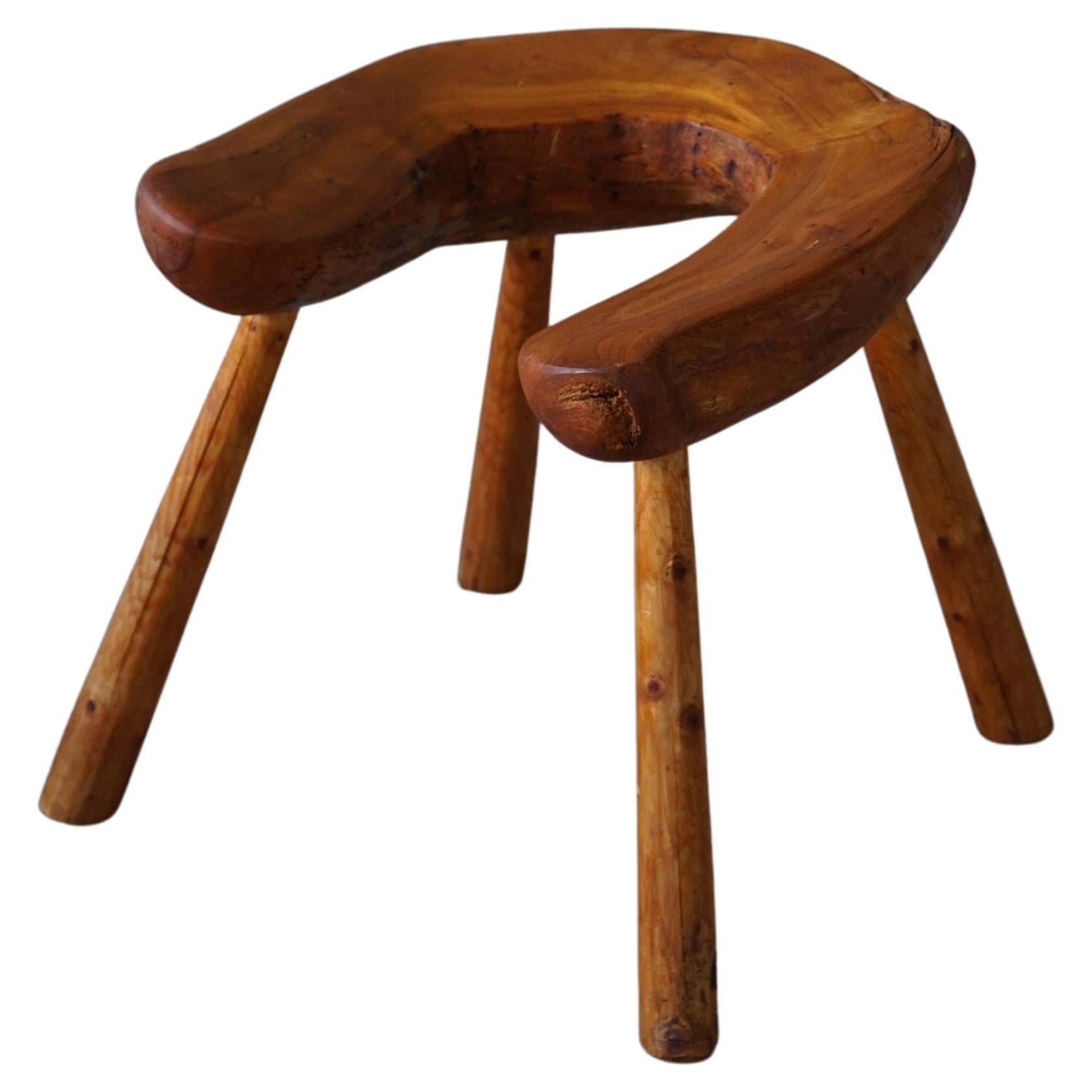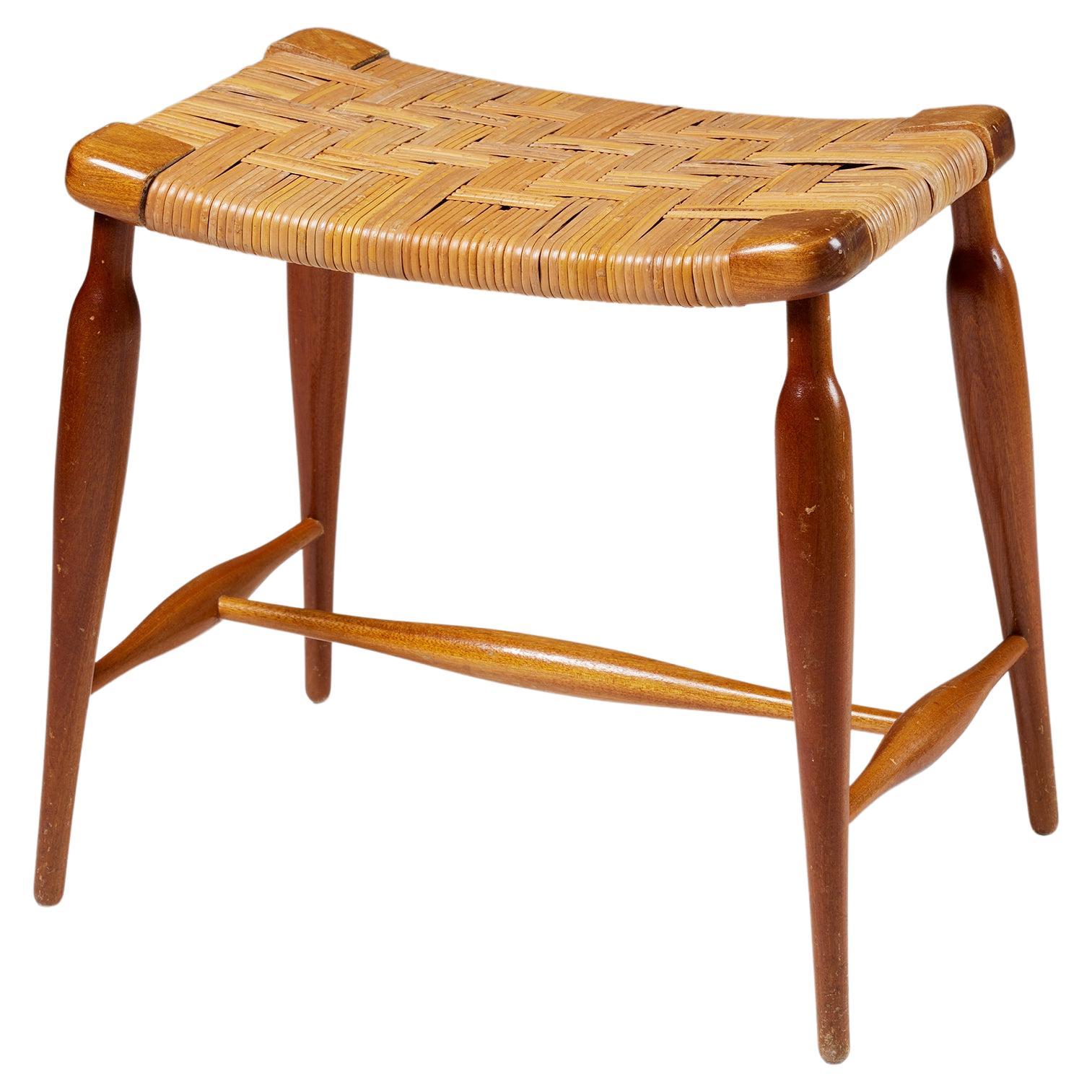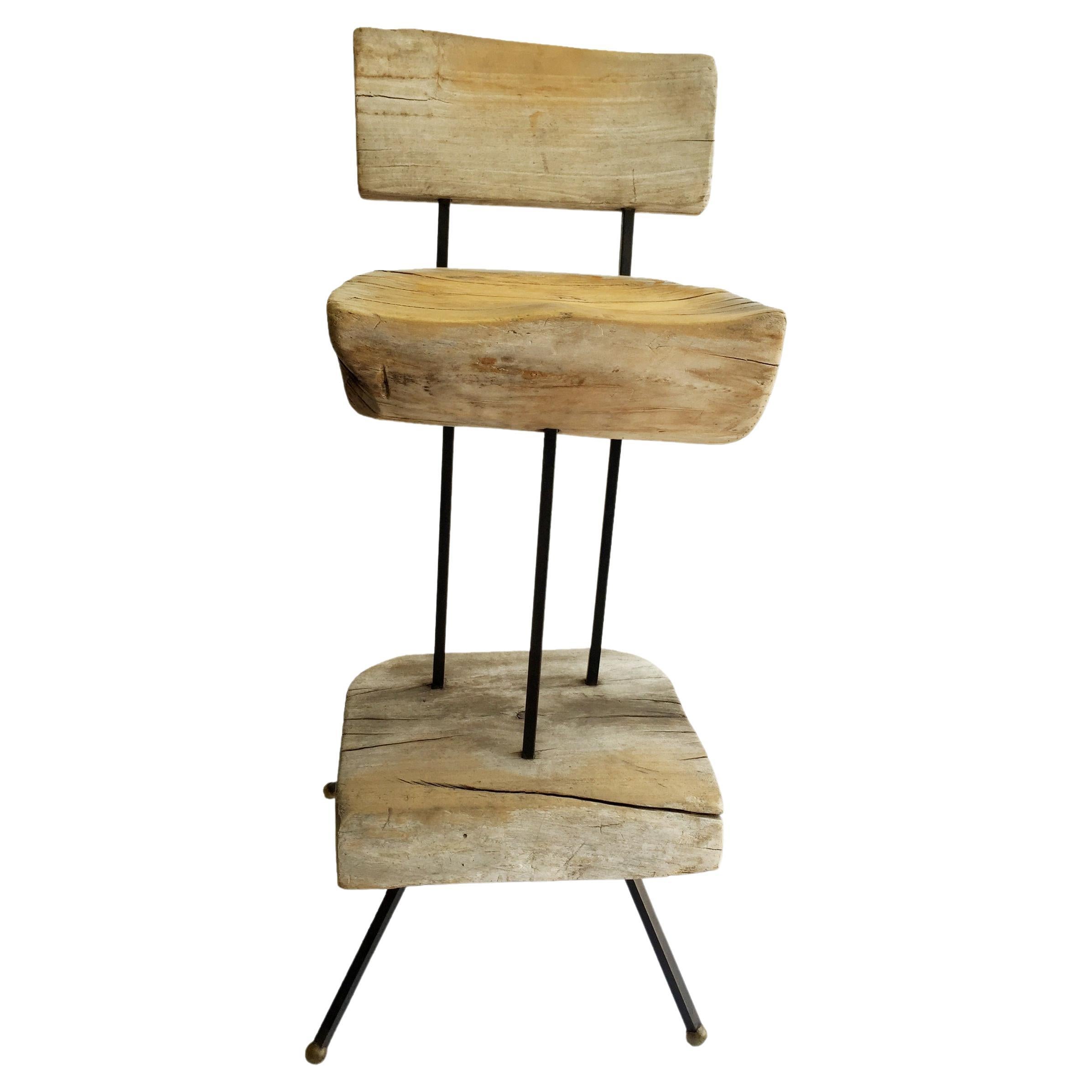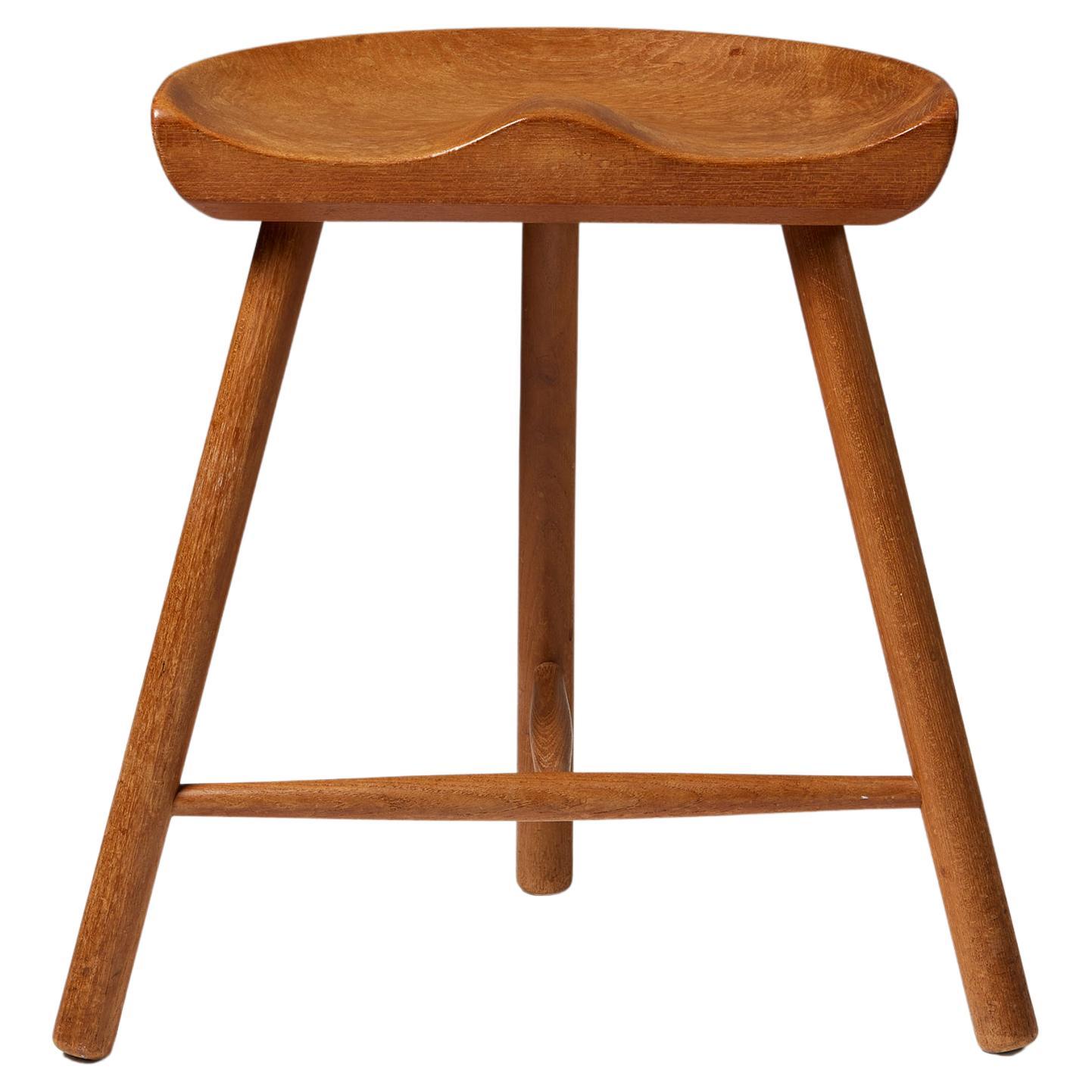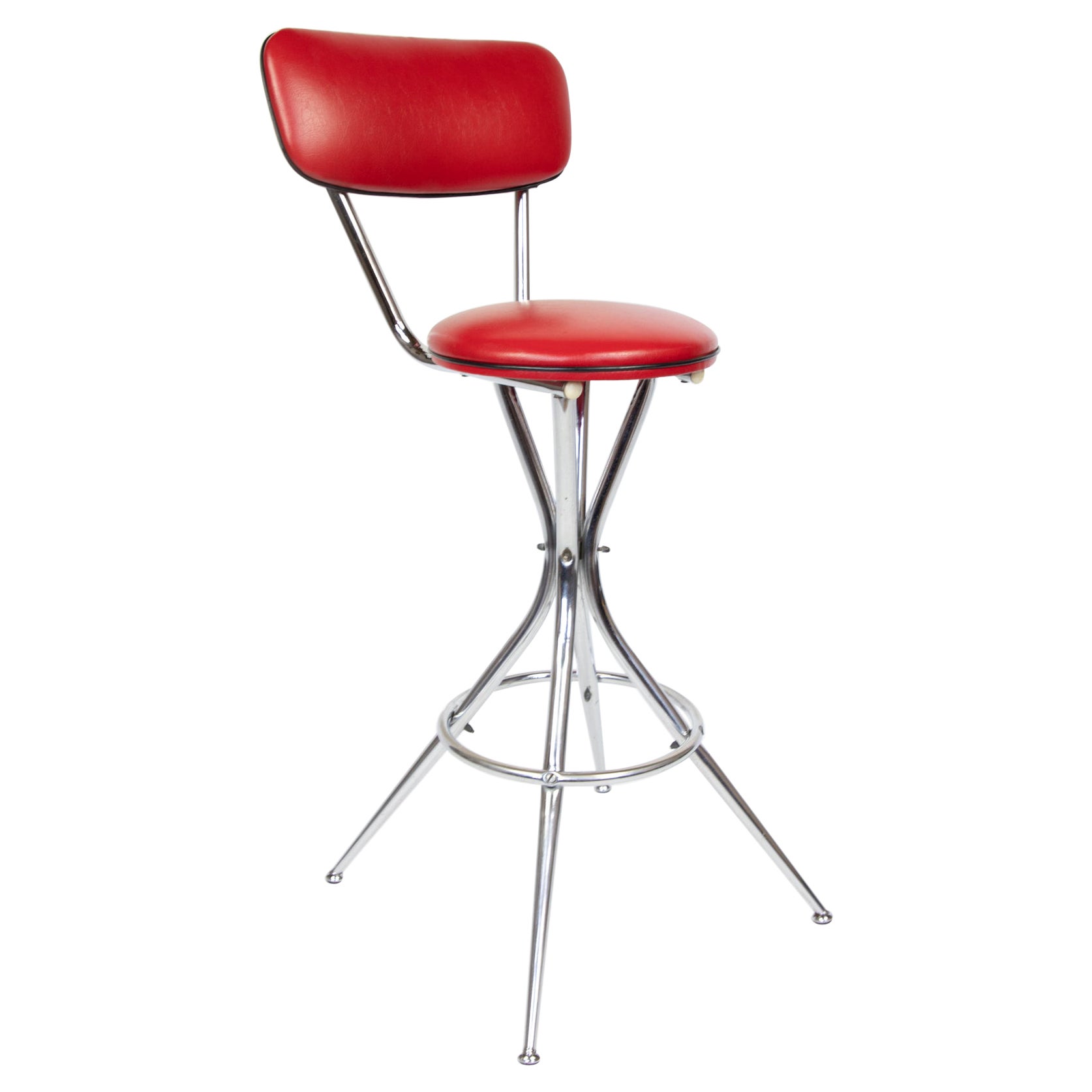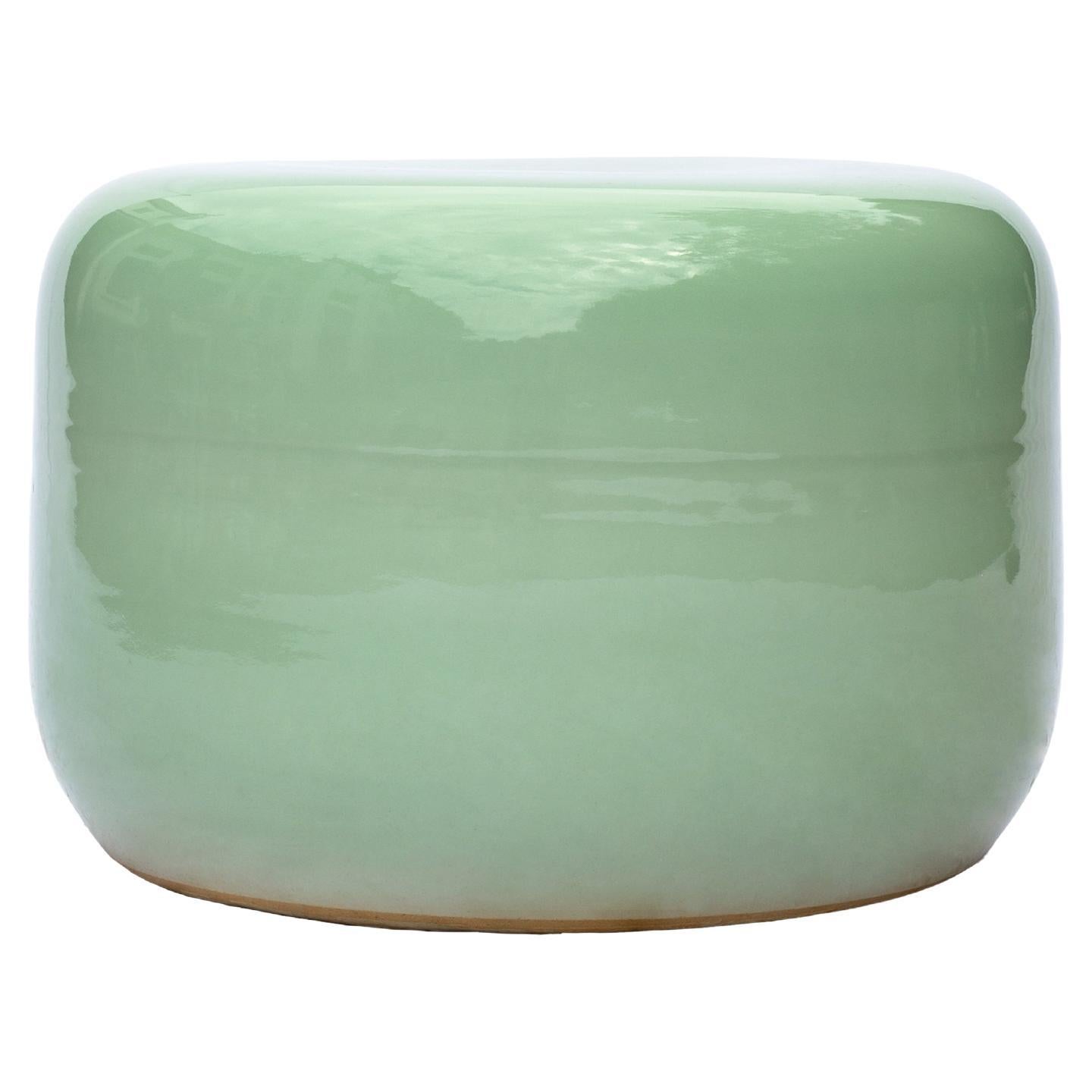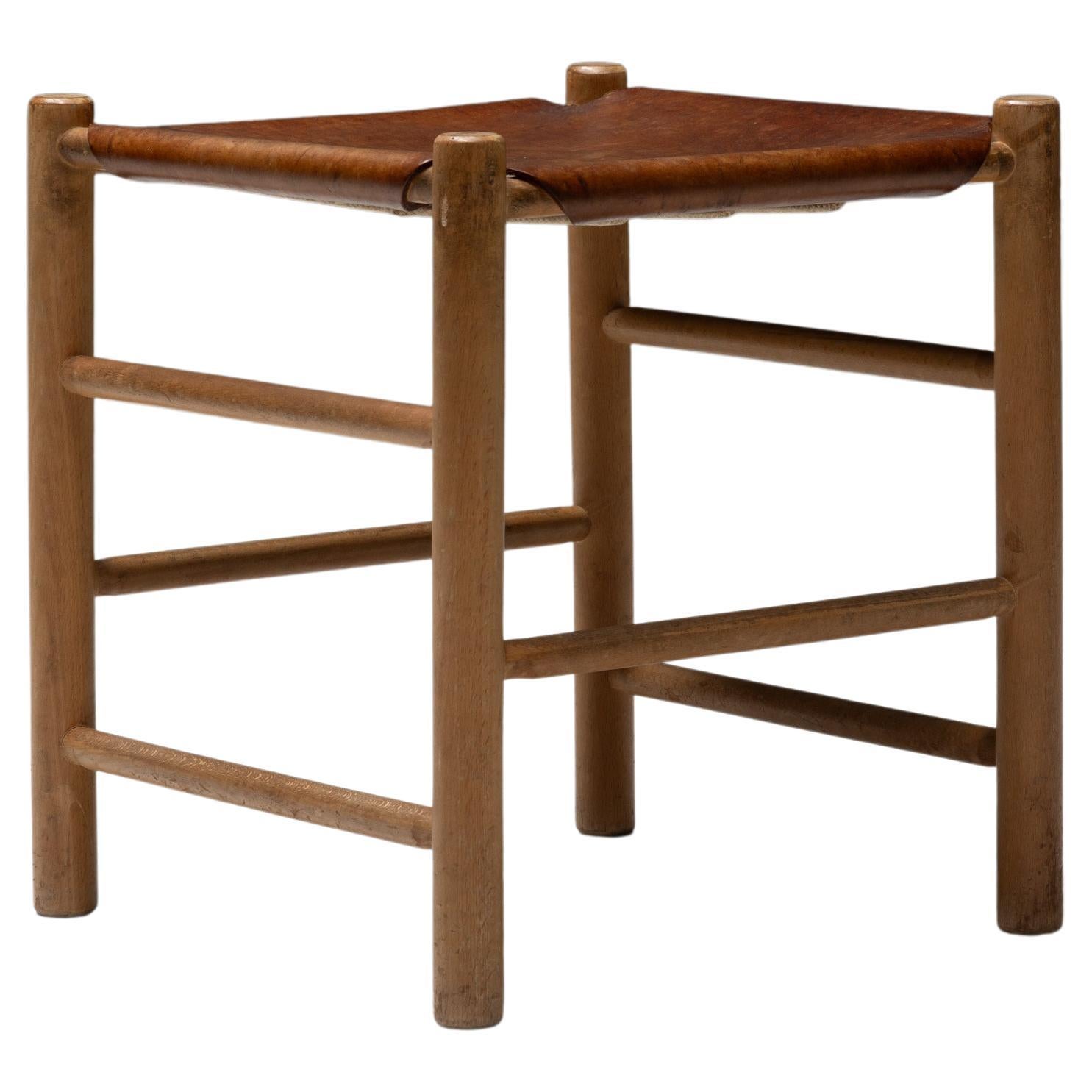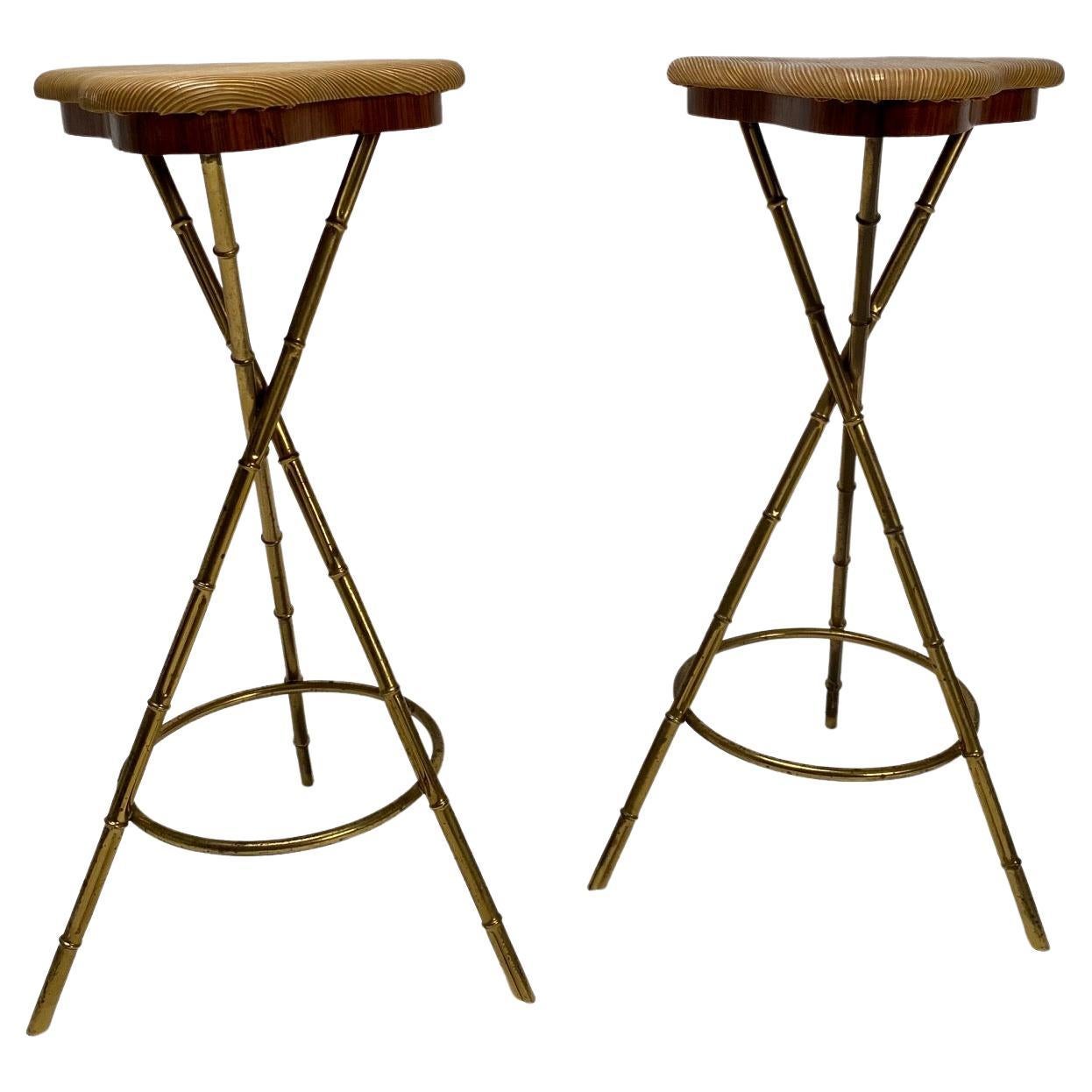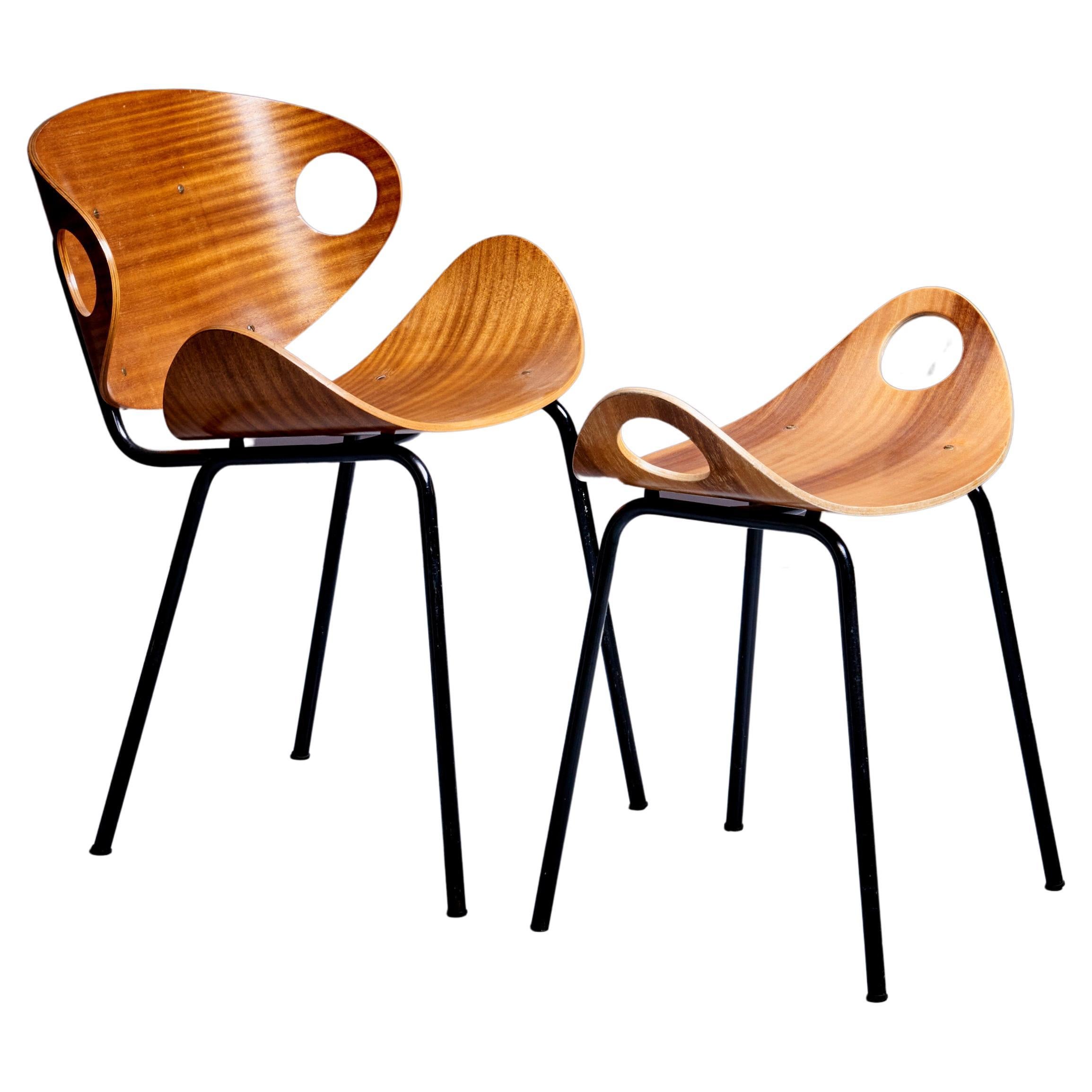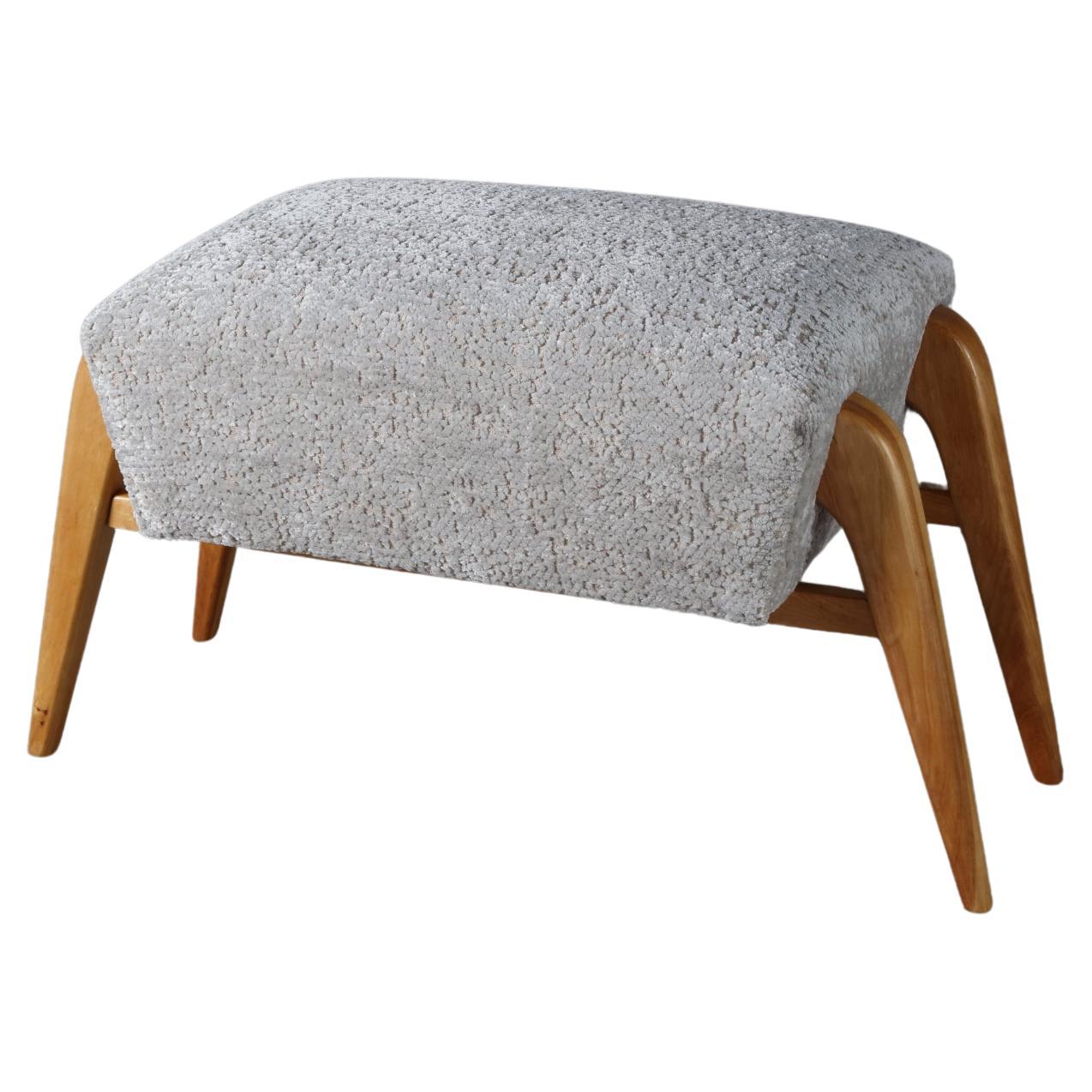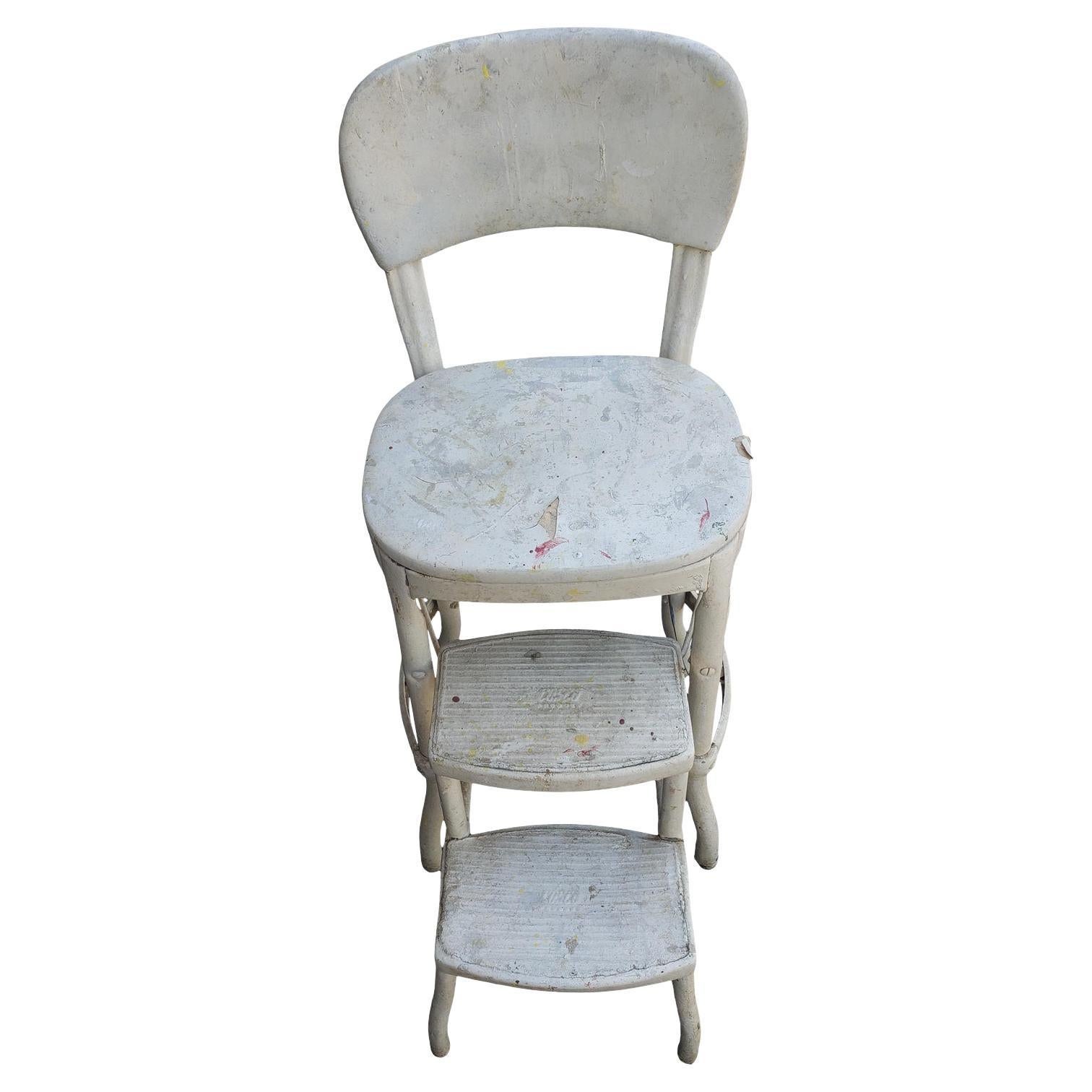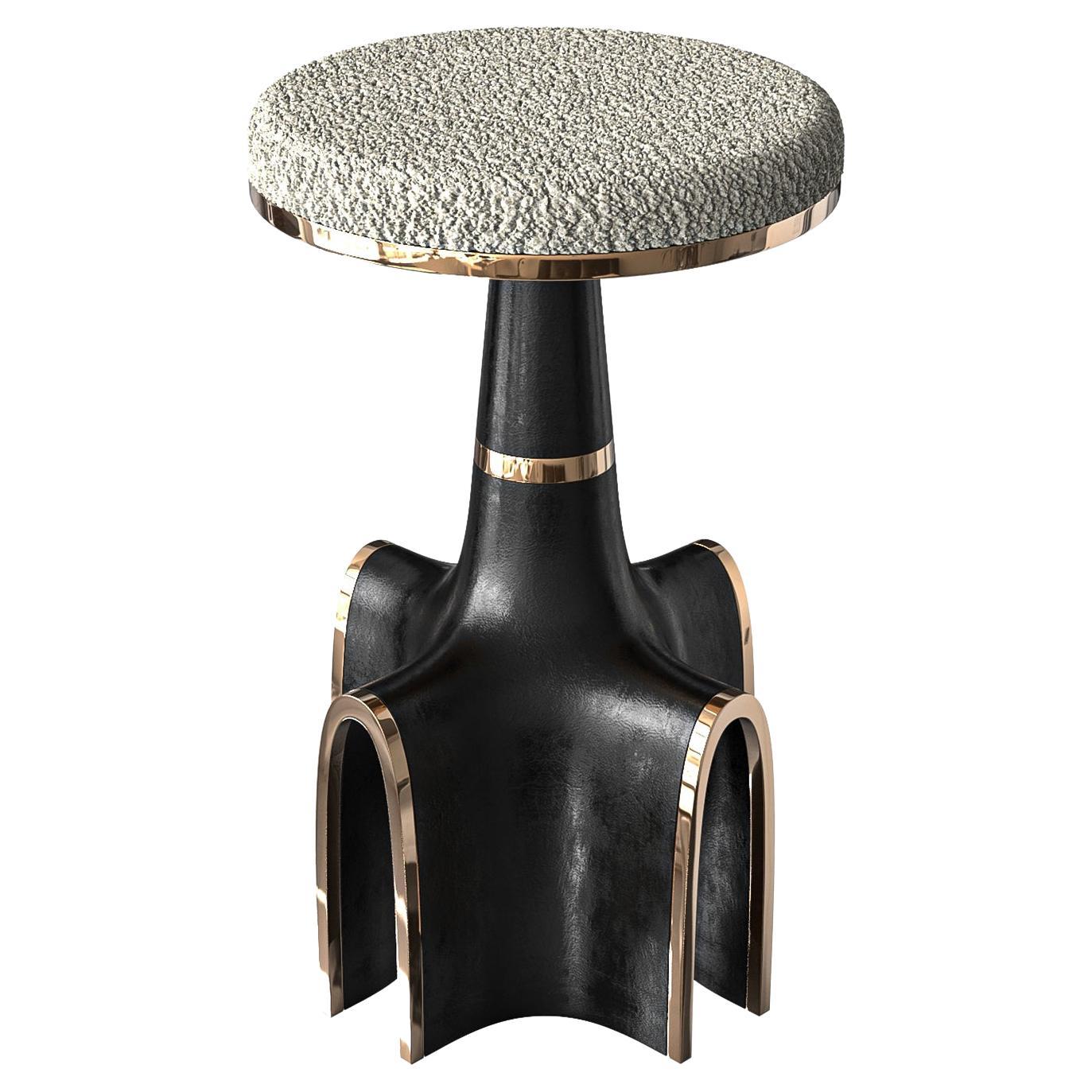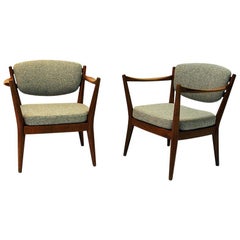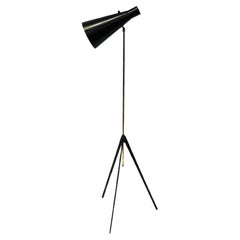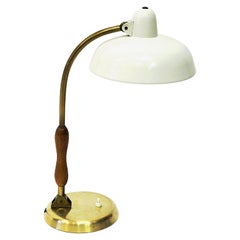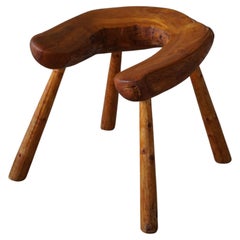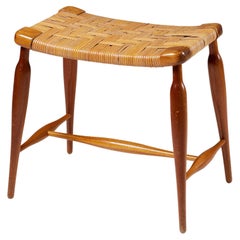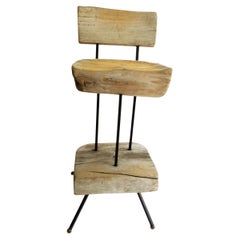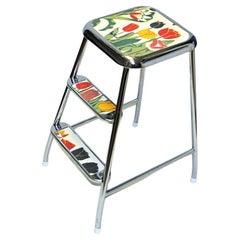
Swedish Step Stool with Flower decor and Chromed Steel by Awab 1950s
View Similar Items
Want more images or videos?
Request additional images or videos from the seller
1 of 9
Swedish Step Stool with Flower decor and Chromed Steel by Awab 1950s
About the Item
- Dimensions:Height: 22.84 in (58 cm)Width: 14.57 in (37 cm)Depth: 16.74 in (42.5 cm)Seat Height: 22.84 in (58 cm)
- Style:Mid-Century Modern (Of the Period)
- Materials and Techniques:
- Place of Origin:
- Period:
- Date of Manufacture:1950s
- Condition:Refinished. Wear consistent with age and use.
- Seller Location:Stockholm, SE
- Reference Number:1stDibs: LU3090338178132
About the Seller
5.0
Gold Seller
These expertly vetted sellers are highly rated and consistently exceed customer expectations.
Established in 2017
1stDibs seller since 2017
223 sales on 1stDibs
Typical response time: 2 hours
More From This SellerView All
- Vintage Teak Pair of the Kamin Chair by Kayser & Relling, Norway, 1950sBy Fredrik A. Kayser, Adolf RellingLocated in Stockholm, SEA great pair of the iconic "Kaminstolen" or "The Fire place chair" made by the Norwegian designers Fredrik Kayser & Adolf Relling and then produced by...Category
Vintage 1950s Norwegian Scandinavian Modern Armchairs
MaterialsWool, Teak
$4,197 Sale Price / set20% Off - Metal and Brass Floorlamp by Alf Svensson, Bergboms Sweden, 1950sBy Bergboms, Alf SvenssonLocated in Stockholm, SEAn exceptional brass and metal floor lamp model G-36 by Alf Svensson for Bergboms Sweden 1950s. Solid black painted metal shade and legs with a brass stom in the middle. Cord running...Category
Vintage 1950s Swedish Scandinavian Modern Floor Lamps
MaterialsBrass, Metal
$3,197 Sale Price25% Off - Oak and White Metal Table Lamp, Sweden 1950sBy ASEALocated in Stockholm, SELovely oak and metal table lamp mod 41065-1 probably ASEA, Sweden, 1950s. Oak pole, brass foot base with light switch. White lacquered lamp shade ad...Category
Vintage 1950s Swedish Scandinavian Modern Table Lamps
MaterialsMetal
- Swedish Red metal and brass desk lamp pair by Falkenberg 1950sBy Falkenbergs BelysningLocated in Stockholm, SERare metal and brass desk lamp pair with adjustable neck by Falkenberg Belysning - Sweden 1950s. Red laquered lampshades with cone shaped shades. ...Category
Vintage 1950s Swedish Scandinavian Modern Table Lamps
MaterialsMetal, Brass
- Decorative Scandinavian melonshaped Ceramic Vase by Wallåkra Sweden 1950sBy WallåkraLocated in Stockholm, SELovely melonshaped and decorativ ceramic vase by Wallåkra Sweden 1950s. The vase has brown earth basic color and relieffed verical stripes all around the vase. Matt finish with silky...Category
Vintage 1940s Swedish Scandinavian Modern Vases
MaterialsStoneware, Ceramic
- Lovely Sofa and Daybed of White Wool by Ire Möbler, 1950s, SwedenBy Ire Mobel 1Located in Stockholm, SEThis unique and lovely vintage sofa and bed sofa was produced by IRE Möbler (still active today) in the 1950s, Sweden. The back is removable in which makes this a perfect extra bed a...Category
Vintage 1950s Swedish Scandinavian Modern Daybeds
MaterialsLeather, Wool, Birch
$6,121 Sale Price20% Off
You May Also Like
- Wabi Sabi Stool in Solid Pine, Handcrafted by a Swedish Cabinetmaker, 1950sLocated in Odense, DKDecorative Scandinavian stool with organic shape in solid pine. Hand carved by a Swedish cabinetmaker in 1950s. This wabi sabi stool will fit in many types of home decors. Modern, S...Category
Mid-20th Century Swedish Mid-Century Modern Stools
MaterialsPine
- Stool Model 927 Designed by Josef Frank for Svenskt Tenn, Sweden, 1950sBy Josef FrankLocated in Stockholm, SEStool model 927 designed by Josef Frank for Svenskt Tenn, Sweden, 1950s. Mahogany and rattan. Measures: H: 43 cm W: 43 cm D: 28 cm Josef Frank was a true European, he was also a pioneer of what would become classic 20th century Swedish design and the “Scandinavian Design Style”. Austrian- born Frank started his design career as an architect after having trained at the Technische Hochschule in Vienna between 1903 and 1910. After his training he went on to teach at Kunstgewerbeschule (The Viennese School of Arts and crafts) where he developed and espoused the new school of modernist thinking towards Architecture and Design that was coming to fruition in Vienna at the time. He also went on to lead the Vienna Werkbund throughout the 1920s. This was a truly progressive group of Architects and Designers who set about improving the daily lives of Austrian people through modernist design and architecture in partnership with Arts and Crafts ideals and construction. Frank’s leadership of the Werkbund had already cemented his place at the forefront of European design. Frank’s time in Vienna was typified by his design for the “Die Wohnung” exhibition of the Deutscher Werkbund in Stuttgart, 1927 where he exhibited along side his contemporaries at the forefront of design, such as the likes of Le Corbusier and Walter Gropius. Here he showed a specially designed pair of flat-roofed reinforced concrete houses in what is now seen as a typical modernist style. What separated Frank’s house from the other 32 houses of the exhibition was the interior and furniture inside the building. It was described as “Neo-Classical” and filled with an eclectic mix of period pieces, modern design and pieces designed by Frank himself that seemed to cross the two worlds. This was a complete opposite direction to that which his fellow Architects were travelling in with their pared back and angular aesthetics. Frank said of his own work: “The house is not a work of art, simply a place where one lives,” and by this reasoning Frank rejected the regimental mechanisation of the living space that his contemporaries believed in, instead he set about creating congenial and spontaneous interiors. Frank’s practice saw him placing the bright colours and the soft forms of nature back into the furnishings and interiors that he thought modernism sorely mist. Frank, along with Oskar Walch set up Haus und Garten in Vienna in 1925. This was Frank’s first commercial foray into furniture and home furnishings and the company went on to become the most influential furnishing house in Vienna with a riotous depth of colour and interesting shapes becoming the trademark of their design. However this success was to come to an end with rise of Nazism in Vienna in the early 1930’s. Frank was Jewish, and he and his wife Anna decided they would leave Vienna for her motherland: Sweden, in 1933. Frank continued to design for Haus and Garten, visiting Vienna occasionally and designing the pieces that would continue to be the company’s best sellers long after Frank was forced to hand the company over in 1938 after the Third Reich annexation of Austria. When Josef and Anna had moved to Sweden Frank had struck up a working relationship with Design shop owner Estrid Ericson. Ericson was the proprietor of Svenskt Tenn that at this point was a successful interiors shop in Stockholm with the royal warrant of appointment to the Swedish Royal Household. In 1935 Frank had become the chief designer for Svenskt Tenn and had set about putting all of his creative effort into his designs for the company. At the World Expositions in Paris in 1937 and New York in 1939 the world saw for the first time the wealth of products that Frank had been working on, ranging from candlesticks to cabinets, there was not a domestic object that Frank had not subjected to his colourful, comfortable and organic style of Modernism. Frank’s new school of Modernism championed ideas such as chairs having a freeing, open back and that “If one desires the room to be comfortable…all pieces of furniture should allow for a free view of the separating line between the floor and the wall. A cabinet without legs breaks this line and thus reduces the feeling of space.” A world-wide audience tired of classic Modernism’s furniture with solid planes and aggressive forms leapt upon these ideas and Franks natural and bright designs for Svenskt Tenn became internationally desired. Frank created over 2000 designs for Svenskt Tenn and his products continue to be the core of their brand. Frank’s rejections of tubular metal and heavy lacquers within his furniture have insured his unique light form of Modernism continues to influence and flourish today. His natural toned mahogany and walnut pieces along with his tactile leather covered and brightly shaded lighting still bring the forms of nature back into the home. Original Frank pieces are now increasingly rare, highly desirable and are the epitome of “Scandinavian Design”. Renowned Designer and Academic Isle Crawford...Category
Vintage 1950s Swedish Mid-Century Modern Chairs
MaterialsRattan, Mahogany
- Wood and Iron Bar Stool by Sabena 1950sLocated in New York, NYThis wood and iron bar stool was made by Sabena in Mexico circa 1950s. The stool is composed of an iron frame and a split log seat and back. This unique pie...Category
Mid-20th Century Mexican Chairs
MaterialsIron
- Stool, Anonymous, Denmark, 1950sLocated in Stockholm, SEStool, anonymous, Denmark. 1950s. Teak. Measurements: H: 50 cm / 1' 7 3/4" W: 40 cm / 1' 3 1/4" D: 23 cm / 9".Category
Mid-20th Century Danish Mid-Century Modern Stools
MaterialsTeak
- Mid Century Modern Bar Stool in Red Faux Leather, Chrome , Italy, 1950sLocated in Vienna, ATMid Century Modern Bar Stool in Red Faux Leather, Chrome , Italy, 1950s From the ice cream shops of the 50s to the mom-and-pop diners of today, diner bar stools...Category
Vintage 1950s Italian Mid-Century Modern Stools
MaterialsChrome
- Aqua Botanica Step stool by WL CeramicsBy Edward van VlietLocated in Geneve, CHAqua Botanica Step stool by WL Ceramics Designer: Edward van Vliet Materials: Porcelain Dimensions: H36 x Ø56 cm At WL CERAMICS we make porcelain with passion. We are a family run ...Category
2010s Chinese Modern Stools
MaterialsPorcelain
Recently Viewed
View AllMore Ways To Browse
Vintage Step Ladder Chair
Vintage Ladder Stool
Neoclassical Style Stool
Rustic Spanish Style Luxury Dining Chairs
Buoy Stool
Fausto Stool
French Oak Tripod Stool
Vinyl Barstool Set
Corbusier Lc14
Bar Stools By Designs For Leisure
Bar Stools In Iron
Vintage Fabric Bar Stools
Midcentury Barstool Set
Danish Modern Footrest
Half Bar Stool
Austrian Piano
Wide Counter Stools
Cube Side Table 19th Century Dark Walnut
